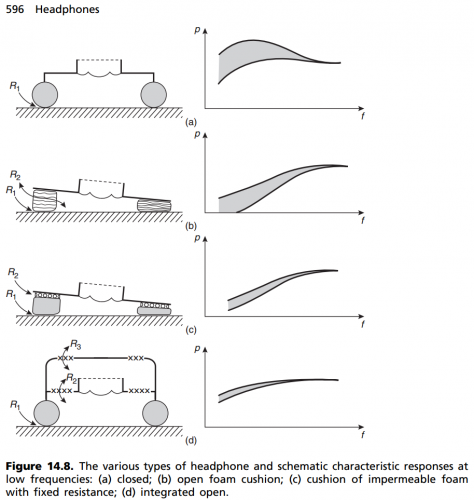When I was a teenager back in the 40s, Leopold Stokowski shared for some years the podium of the New York Philharmonic. His co-director was the late Dimitri Mitropoulis and together they contributed to that memorable Sunday afternoon series on CBS radio, which was one of the few redeeming features of American broadcasting in the years after World War II. Running opposite the Stokowski/Metropoulis programs on CBS was NBC’s entry in the symphonic sweepstakes, a series featuring the orchestra which bore the network’s name, which was created for and conducted by Arturo Toscanini.
The attitude of the young people of my generation toward these weekend music specials was rather interesting. It was generally bandied about by my conservatory friends that you were either a Stokowski fan or a Toscanini devotee. There was apparently no middle ground, except perhaps that which was occasionally occupied by Bruno Walter. According to the academic banter of that time, Toscanini embodied most progressive musical virtues. His performances were direct, straightforward and emotionally objective. Whichever notes, dynamic marks or tempo indications appeared before him in the score were, to the best of his and the NBC Orchestra’s ability, what you heard. For Toscanini, the composer’s notational suggestions were gospel.
Not so with Stokowski. He was and is, for want of a better word, an ecstatic. Stokowski is involved with the notes, the tempo marks, the dynamic indications in the score to the same extent that a filmmaker is involved with the original book or source which supplies the impetus- the idea of his film. So, Stokowski’s performances either stand or fall depending on the degree he can infuse them with a sense of his own commitment to the project. And happily for those who became addicted to his way of making music, there’s rarely been a more committed, more imaginative, more resourceful artist than Leopold Stokowski.
There was however another reason for the disrepute into which Mr. Stokowski’s interperative techniques had fallen in those years, besides that penchant for a neo-literalist performing style which the young people of my generation espoused. He was not only a popularizer- a man who thought nothing of transforming the keyboard works of Bach into massive orchestral statements. But more than that, he was a film personality. In the mid-1930s, he’d relinquished his post as the conductor of the Philadelphia Orchestra, in which he single-handedly transformed the standards of orchestral playing in North America, in order to join Deanna Durbin and Donald Duck on the silver screen in Hollywood.
“I go to a higher calling.” he was reported to have said to the press conference which was called to announce his departure, and if one can filter out the inevitable quotient of defensiveness which one may assume to infiltrate a remark of that kind, it was a remarkably revealing comment.
Technology for Stokowski was a higher calling. He was indeed the first great musician to realize that the future of music would inexorably wound up with technological progress, and that communications media were in fact the best friend that music ever had. Many of his recordings… and all of which I know from personal experience where he maintains a firm hand in relation to the processes of production… were years ahead sonically.
But the real benefit of his interest in technology, I think, was that it enabled Stokowski to resist the inhibitions induced by those pre-technological attitudes toward music-making which created the stratified roles of performer, listener and composer; and which held that those roles would ever remain separate and distinct. For Stokowski, I think, those distinctions are themselves are the single greatest danger that the artist must face. And I suspect that the enormous appeal of his music-making over the last sixty years or so is precisely his realization of that fact, and his willingness to act upon the assumptions that follow from it.
Stokowski is 88 now, at least he was when I interviewed him for this program. Nothing in his manner, his outlook or the vitality of his music-making suggests the incipient nonagenarian, but it’s perhaps useful to recall that Stokowski was born while Wagner was still alive, and when Brahms died, Stokowski himself was already a teenager.
In theory, his outlook and his art should represent the aesthetic attitudes of a bygone era, or eras. But in fact, because of his extraordinary warmth and humility, his remarkable receptivity to new ideas, and above all because in his lifetime we’ve already seen nothing but triumph. But the essential humanity of those technological ideas which have informed all of his work as a musician, Leopold Stokowski is very much a man of the future.
-Glenn Gould















![20170926_002750[1].jpg](https://cdn.head-fi.org/a/10005832_thumb.jpg)








